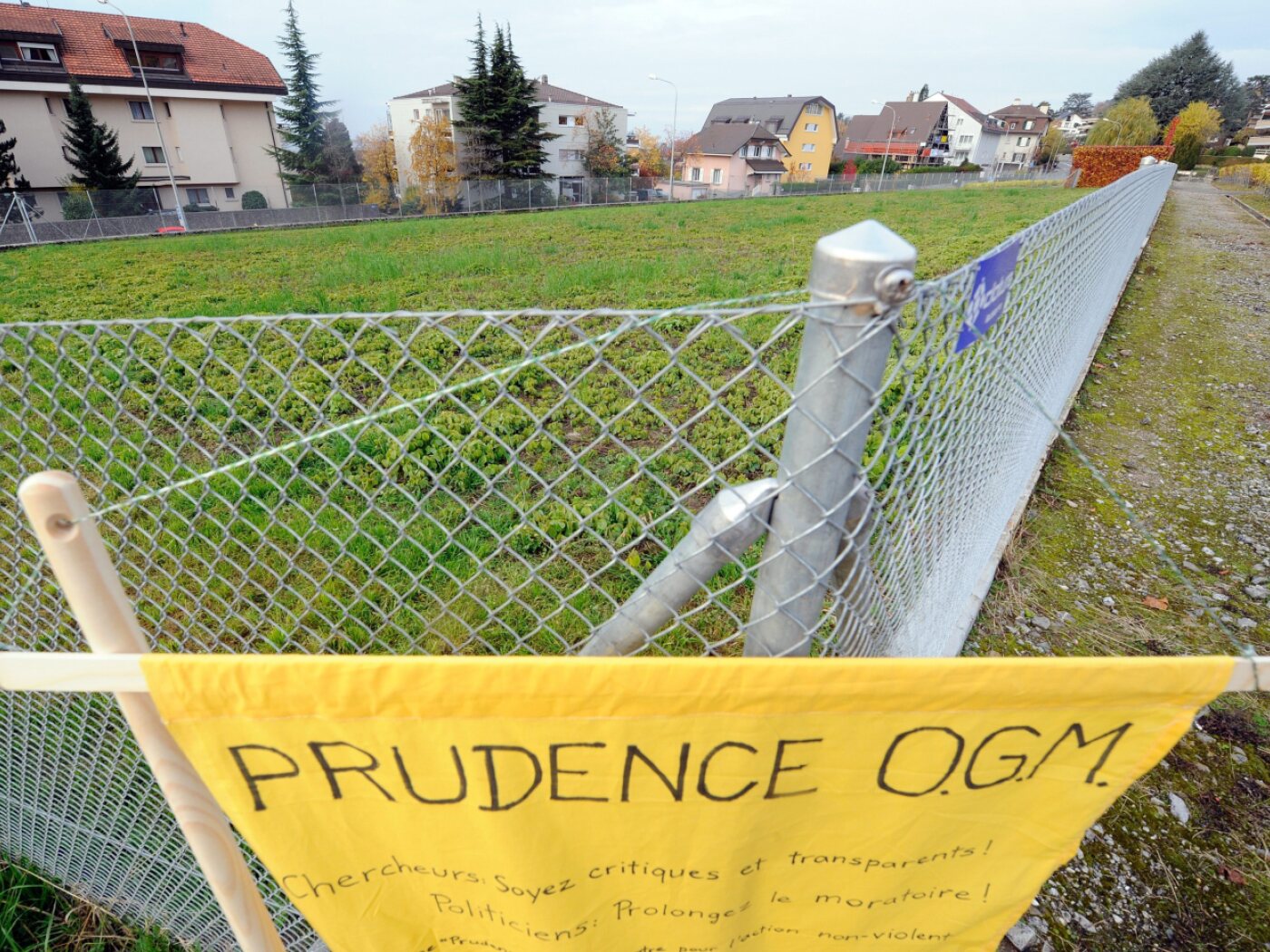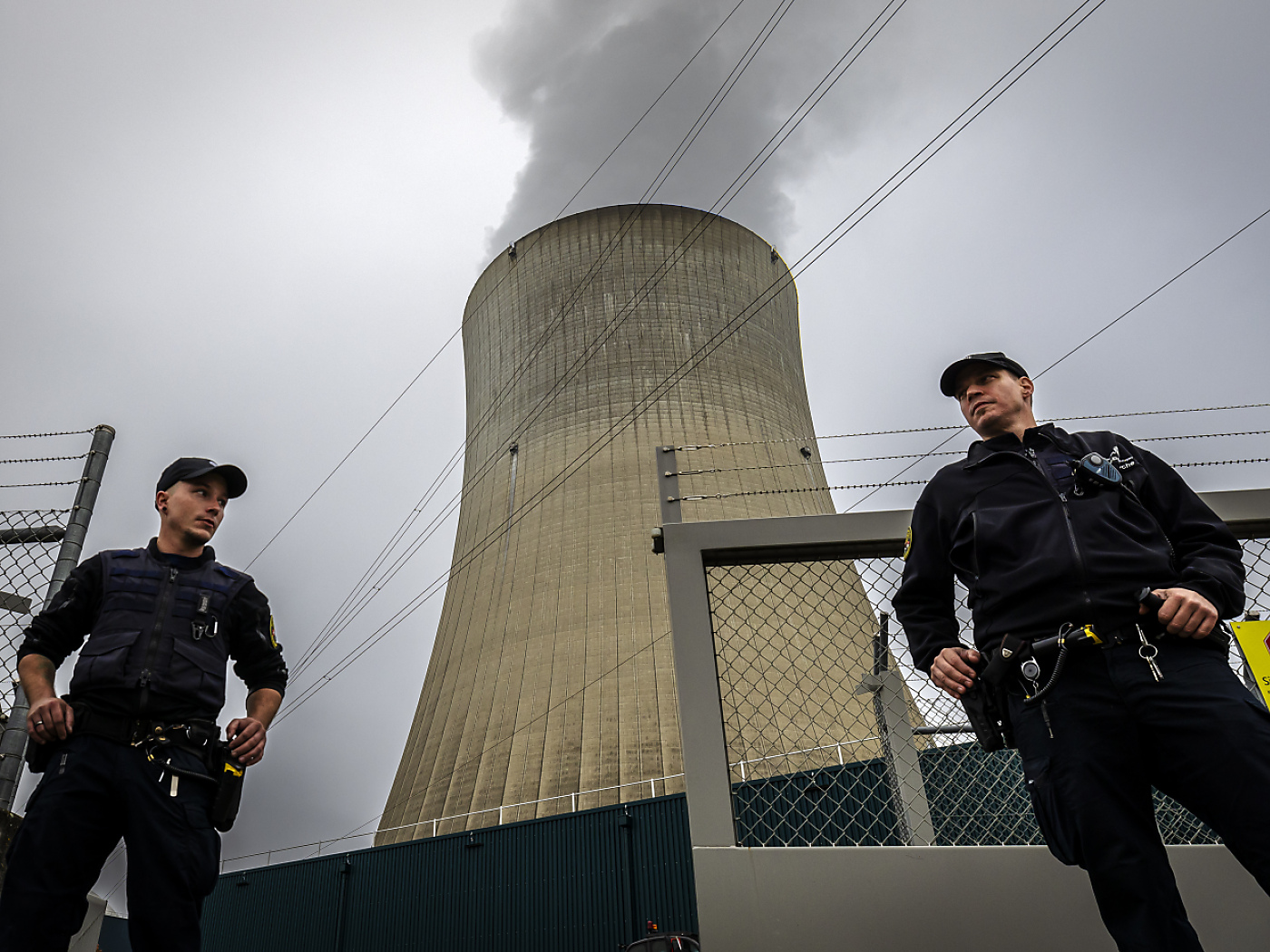Switzerland not complying with Paris Climate Agreement, says Swiss ECHR judge

According to the European Court of Human Rights (ECHR), Switzerland has not complied with the Paris Climate Agreement. However, the judgement does not only apply to Switzerland, according to Swiss ECHR judge Andreas Zünd.
The decision is a landmark judgement for all member states of the Council of Europe, Zünd told Swiss Public Radio SRF on Friday morning. The impetus for the judgement simply came from Switzerland with the elderly women’s group Swiss Climate Seniors Association.
The Swiss ECHR judge said that the Paris Climate Agreement had been decisive for the decision. Its contents were part of Swiss law because the agreement had been ratified by Switzerland. “In our opinion, Switzerland does not fulfil the agreement,” said Zünd.
No interference in climate policy
The court does not prescribe how exactly Switzerland should fulfil the goals of the Paris Climate Agreement. “The means are subject to democratic debate,” said Zünd, referring to the judgement. The court does not intervene in the political process. It is now up to Switzerland to decide how politicians want to implement the judgement.
Zünd was also responding to the criticism that judges should not pursue climate policy, which arose from the Swiss People’s Party, Centre Party and Radical-Liberals after the ruling. The Radical-Liberals, for example, accused the court of not understanding Swiss democracy. The Liberal Greens, Greens and Social Democrats saw their demands confirmed. The Social Democrats interpreted the judgement as a slap in the face for the Federal Council.
Delayed damage
When asked why climate protection is an enforceable human right, Zünd replied: “We were guided by the Convention on Human Rights.” Two articles would have allowed a reference to climate change: The right to life and the right to privacy. The latter also includes physical well-being, Zünd said.
It was becoming apparent that climate change would severely affect people’s well-being and could even lead to death. “Climate change poses a new challenge because the damage is not immediate,” said the judge.
Adapted from German by DeepL/kc/ac
This news story has been written and carefully fact-checked by an external editorial team. At SWI swissinfo.ch we select the most relevant news for an international audience and use automatic translation tools such as DeepL to translate it into English. Providing you with automatically translated news gives us the time to write more in-depth articles.
If you want to know more about how we work, have a look here, and if you have feedback on this news story please write to english@swissinfo.ch.

In compliance with the JTI standards
More: SWI swissinfo.ch certified by the Journalism Trust Initiative

















You can find an overview of ongoing debates with our journalists here . Please join us!
If you want to start a conversation about a topic raised in this article or want to report factual errors, email us at english@swissinfo.ch.